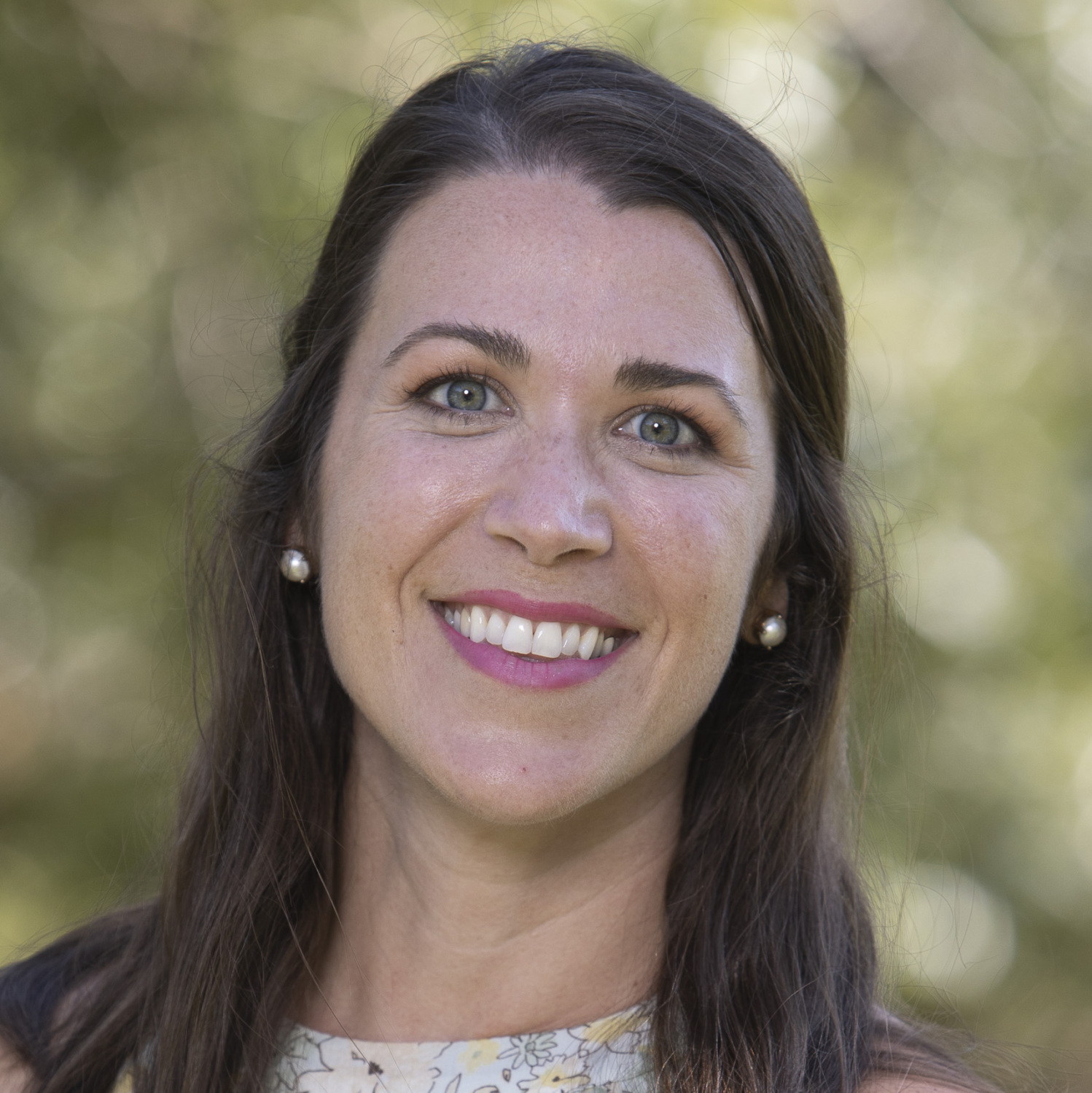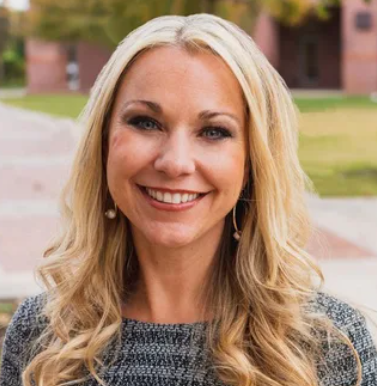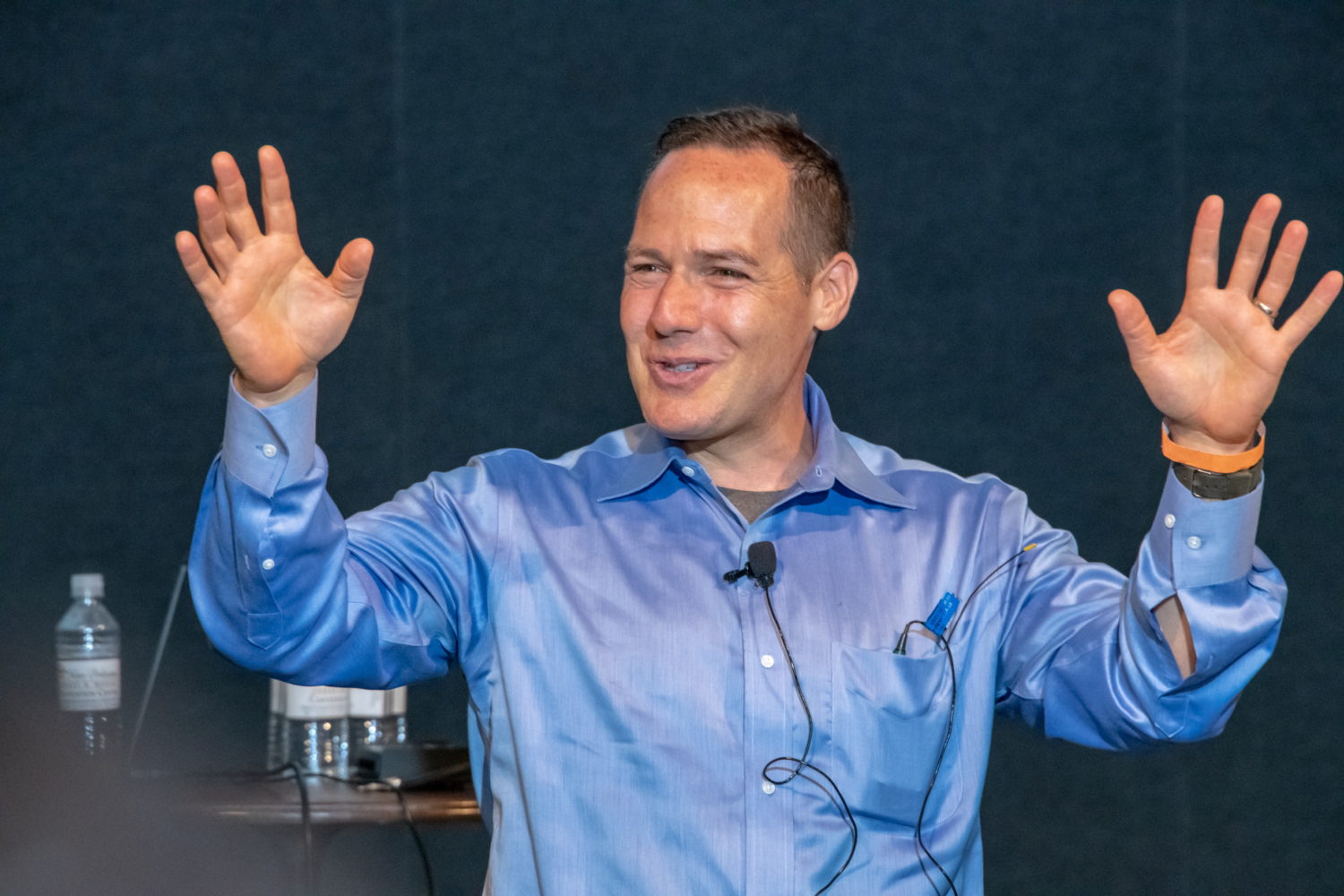Learn more
We used a variety of sources to identify the prep programs, districts, and states to feature in the case studies for this action guide:
- Past Teacher Prep Review ratings of prep programs on the Clinical Practice standard
- Scan of state policies related to clinical practice
- Scan of large district policies related to clinical practice
- Surveys of districts, prep programs, and states
- Input from our expert advisory panel and word of mouth from the field and interviewees
We conducted semi-structured interviews with stakeholders and invited them to review the draft about their entity prior to publication to check for accuracy.
Note that many of the states, districts, and teacher prep programs featured in our case studies excel in multiple focus areas, including important work that goes beyond the scope of our action guide. In such cases, that work is not explicitly described here. Also, many of these clinical practice activities are in the early stages, so they may only have preliminary outcomes to share; however, they are taking the necessary steps, aligned to the best practices, for building a strong clinical experience.
Many states, districts, and prep programs beyond those included in this action guide are also doing exceptional work in this area.
This action guide is designed to help you focus on the content and examples that are most relevant to you. Key elements include:
- Case studies: These examples of prep programs, districts, and states tell the story of how these entities developed their clinical practice approach, often cutting across several of the six focus areas of effective clinical practice. For that reason, you’ll encounter the same case study linked from multiple focus areas.
- “But what about . . .” sections: Every focus area highlights one or more topics of interest, and provides brief descriptions of multiple entities addressing that topic. These include examples from case studies as well as other examples and related resources.
- Resources: In the focus areas, case studies and “But what about . . .” sections, get links to observation instruments, legislation, and other materials.
- Questions to consider: Review a set of questions for each focus area to guide your thinking about how to address each area.
As you navigate through the action guide, you can jump straight to the focus area you want to explore first, or you can download the self-assessment tool to identify your entity’s current strengths and top priorities for growth.
Clinical practice encompasses student teaching, residencies, apprenticeships, and other similar programs, as well as field experiences in which candidates participate prior to their culminating experience (e.g., observing a classroom or conducting a tutoring session).
Student teacher encompasses residents, interns, apprentices, and other related terms.
Cooperating teacher refers to the K–12 teacher who hosts a student teacher in their classroom while providing mentoring, guidance, and documented feedback to the student teacher. This term encompasses mentor teachers and other related terms.
Program supervisor refers to the supervisor from the teacher prep program who oversees student teachers, also referred to as university supervisor, clinical educator, and other related terms.
Placement site refers to the school and classroom in which teacher candidates conduct field work or student teaching activities.
Advisory Panel Members

Jordan Ahrend
Southeastern Louisiana University

Sarah Beal
US PREP

Kathlene Campbell
National Center for Teacher Residencies

Ashley Carter
KIPP DC Capital Teaching Residency
Acknowledgements
Authors
Hannah Putman, Ron Noble, Christie Ellis, & Heather Peske
Project Leadership
Hannah Putman, Ron Noble, & Heather Peske
Communications
Ashley Kincaid, Lane Wright, & Hayley Hardison
District and State Policy Analysis
Anissa Sepulveda, Jamie Ekatomatis, Karen Loeschner, Kelli Lakis, Lisa Staresina, & Rebecca Sichmeller
Database Development
Tina Tibbits
Research Support
Ruth Oyeyemi & Winnie Tsang
Design Team
Teal Media
Suggested Citation
Putman, H., Noble, R., Ellis, C., & Peske, H. (2024). Clinical Practice Action Guide. Washington, DC: National Council on Teacher Quality.
Project funders
This report is based on research funded by the organizations listed above. The findings and conclusions contained within are those of the authors and do not necessarily reflect positions or policies of the project funders.
Arthur & Toni Rembe Rock
Cedar Street Foundation
Joyce Foundation
Sidney A. Swensrud Foundation
Barr Foundation
Crown Family Philanthropies
Phil Hardin Foundation
Thornburg Foundation
Belk Foundation
Finnegan Family Foundation
Sartain Lanier Family Foundation
William Penn Foundation
Contact NCTQ
Want to learn more about the examples shared here or discuss strong practices in your prep program, district, or state?
Contact Us
















